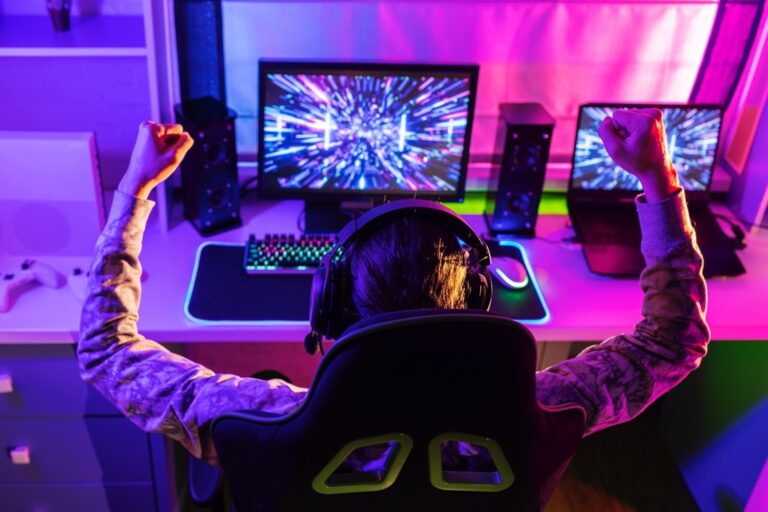Can traditional school programs and teaching methods in sex education meet the needs of today’s youth, who are questioning the evolution of their bodies, thoughts, and behaviors?
Faced with this new generation, where everything is accessible from a young age via the Internet, it is necessary to question the adequacy of traditional school programs and teaching methods in sex education. Are they still effective and suitable for a youth seeking answers via the Internet?

Initially, it’s crucial to highlight that the use of chatbots in education offers a promising opportunity for inclusion and individualized learning. These tools, fueled by artificial intelligence, can be programmed to recognize, and adapt to diverse learning styles and paces, making education more accessible and personalized. For instance, a chatbot can modify the complexity of language or depth of content based on the user’s responses and interactions, thus enabling students with specific needs, or learning difficulties to follow the curriculum at their own pace. Furthermore, they can provide a safe and non-judgmental space where students can ask questions and explore concepts without fear of being judged or stigmatized, promoting a positive and inclusive learning environment. In summary, chatbots represent a key technology in democratizing access to education and supporting a customized learning experience for each student, regardless of their abilities or background.
In our digital era, young people can explore aspects of their personal development anonymously and privately online, raising concerns about exposure to inappropriate content, such as misinformation about sexually transmitted diseases (STDs) and pornography. While digital access has the potential to demystify certain taboo subjects and encourage free expression, it also carries significant risks by spreading distorted representations of sexuality. These representations can have a real impact on the development and the vision that these young people will have of sexuality and their bodies, as it is difficult for them to discern truth from falsehood.
In this context, the Erasmus+ project Alex: The SexEdBot was developed. This chatbot aims to offer high-quality sexual and reproductive health (SRH) education, tailored to its audience, by providing confidential and neutral answers on various topics, such as sexual and gender identities, STDs, and other sexual health questions. The project stands out for its commitment to a sex education approach that is positive, non-sexist, and scientifically based, particularly targeting groups traditionally marginalized in sex education, including young women, the LGBTQI+ community, and those with learning disabilities.
Through the creation of their chatbot and complementary tools, the project will also provide training and resources to youth workers with whom young people engage. The project promises not only to transform the approach to sex education but also to strengthen educators’ capabilities to meet the diverse needs of today’s youth.
Don’t miss updates on the development of #AlexBot!
Organisations working on the project:
GoINNO Institute (Slovenia)
The GoINNO Institute was established in 2016 as a private, non-profit organization dedicated to scientific awareness and STEM education, with the goal of raising more awareness about the importance of STEM and encouraging the younger generation to start loving science. The GoINNO team is dedicated to STEM projects as well as organizing science days for primary and secondary schools.
ARTeria Foundation (Poland)
The ARTeria Foundation was established in 2006 as a non-profit organization dedicated to supporting artists and representatives of the creative industries, developing the cultural and creative sector at large, as well as local communities.
AMIC (Spain)
AMIC is a non-formal education organization created in 2005 that offers learning opportunities to individuals in the Valencian community (youth, adults, and children). They organize various activities and also promote mobility programs.
Együttható (Hungary)
Együttható was founded by social sector professionals and enthusiastic young volunteers in 2010 to promote non-formal learning, innovative community services, and a new way of thinking in the field of youth and social work.
If you would like to know more about the project, visit their website!



